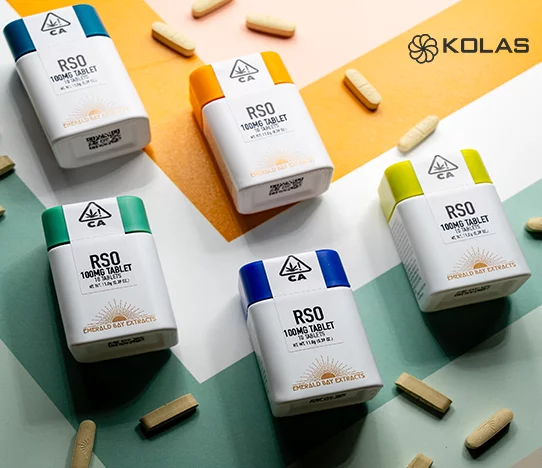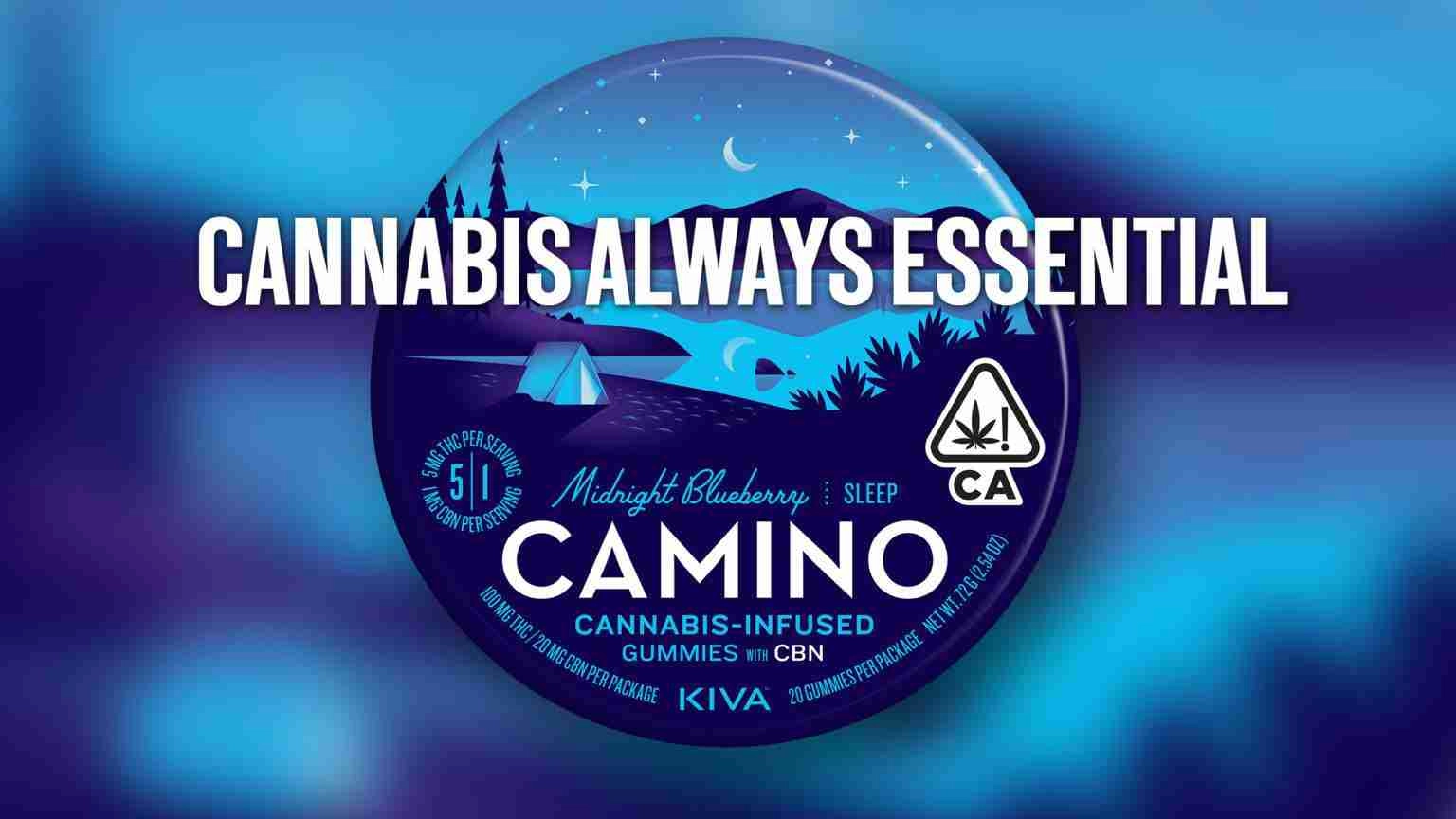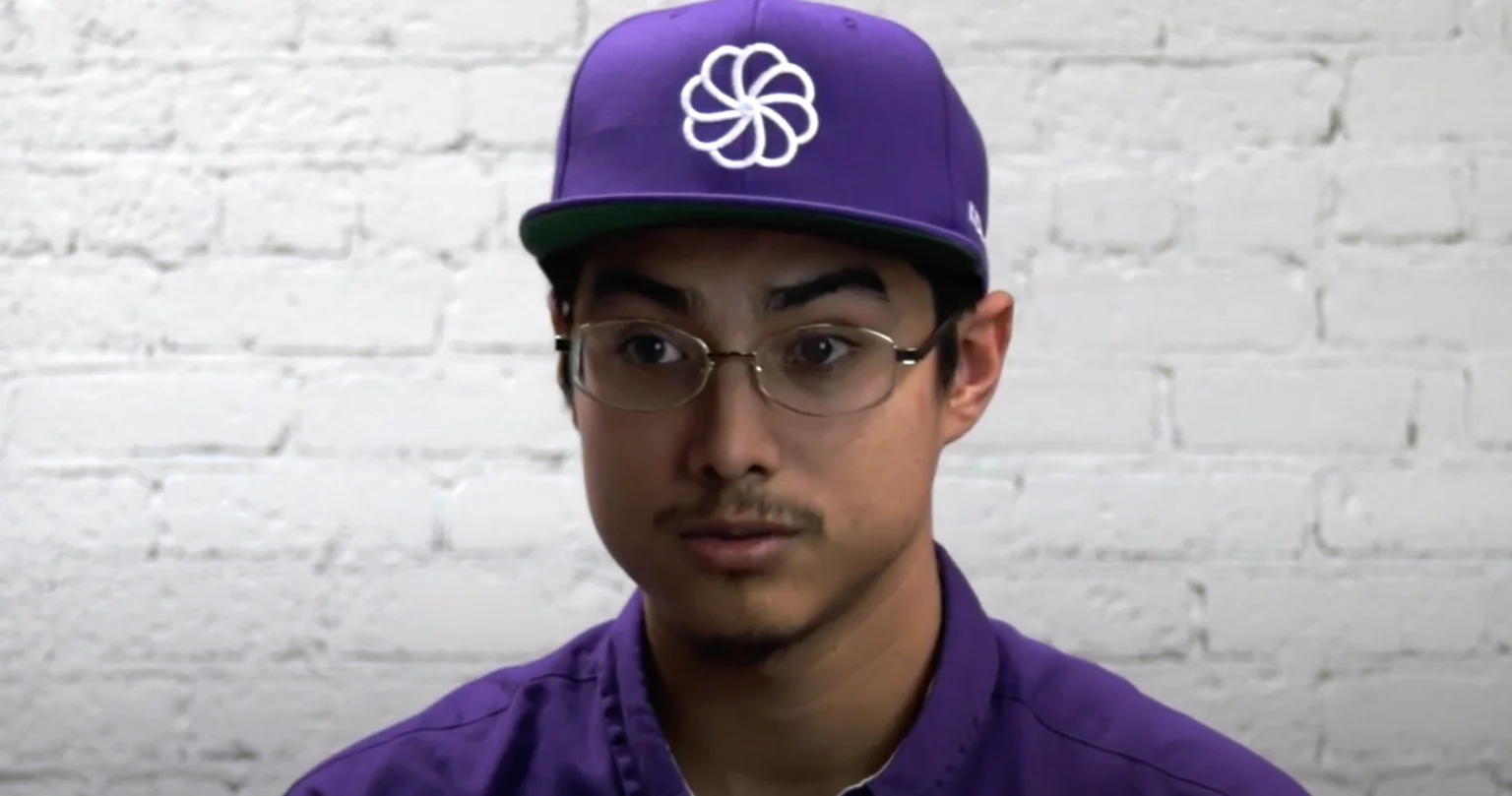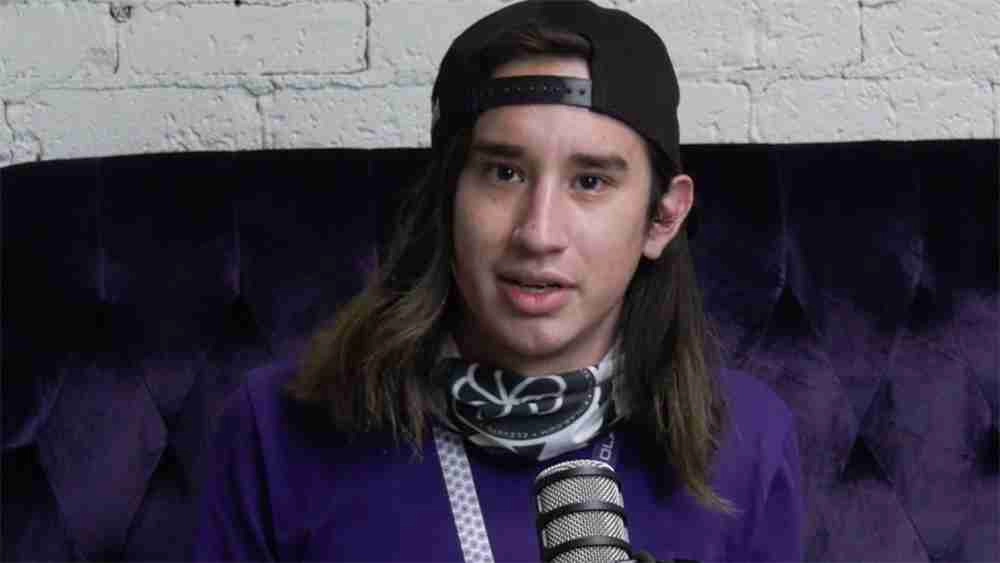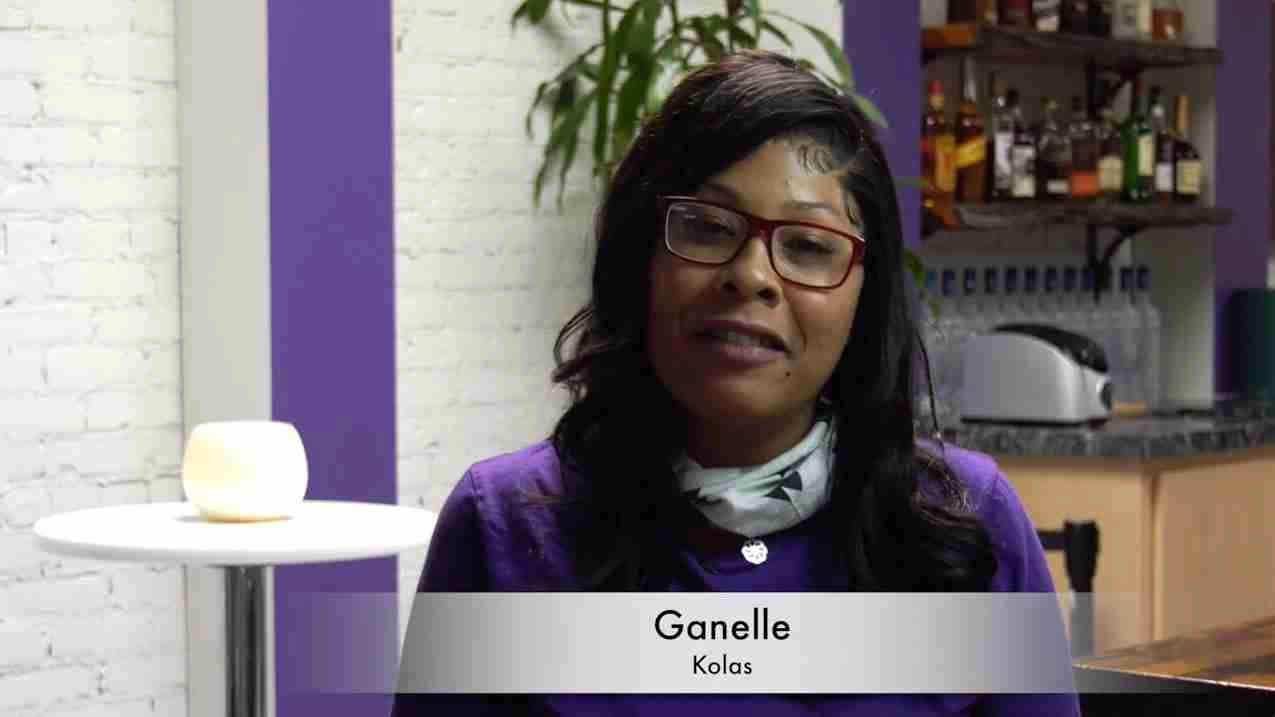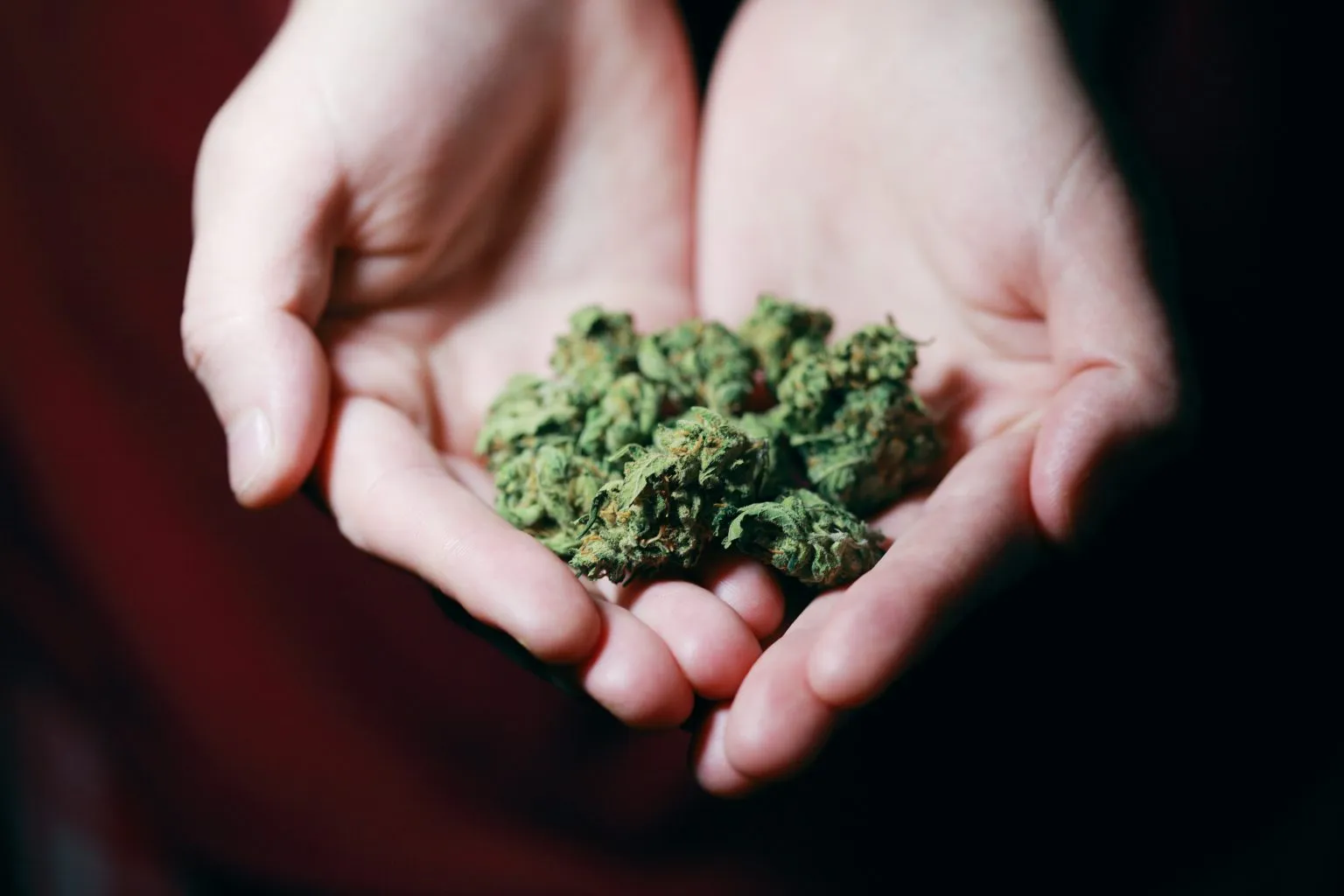The popularity surrounding cannabis and its uses, both clinically and recreationally, is hard to miss. Recently, there has been particular interest in microdosing cannabis, in order to feel its effects without it interfering with day-to-day life and responsibilities.
Microdosing is a term often used for taking small doses of psychedelic drugs such as LSD or psilocybin (“magic” mushrooms), and while this is not a new practice, it can be hard to know whether it is right for you.
Read on to learn about everything we think you need to know about cannabis microdosing.
What Is Microdosing Cannabis?
Microdosing cannabis, in its simplest form, is taking small, measured doses of THC or CBD throughout the day. With growing consumer awareness and tight regulations on THC and CBD levels in products, consumers are able to safely measure the amounts of each they are getting. Microdosing is often done with store-bought edibles, though they can also use tinctures, oils, and even CBD vapes.
The effect of small, incremental doses of cannabis in this way is a bit milder but sustained. Similarly, microdosing does not result in a high or trippy sensation in users; if you experience any of those, it is likely that you are not doing it correctly. Doses must be small and spaced out appropriately to ensure that you feel the uplifting effects without it impinging on your daily responsibilities.
Why Do People Microdose Cannabis?
One reason people may consider microdosing is the risks associated with THC use. For some, the effects of THC may be too strong. People may experience panic attacks, lethargy or even confusion if they take too much. As well as this, THC has been linked to a possible increased risk of psychosis and other psychological issues. By taking a smaller dose, it is believed to achieve a similar effect, but with fewer long and short-term repercussions. There is, however, not enough research around microdosing cannabis to be sure of this effect.
The idea of microdosing was highly popularized in Silicon Valley. Some tech workers believed that by taking small doses of psychedelics they had a creative edge over the competition. A similar mechanism is thought to be true about cannabis in that it promotes productivity, creativity, and mental functioning. While the research regarding this is not clear, some doctors and patients microdose cannabis, claiming that it elevates mood, improves sleep, and reduces anxiety. Despite these claims, current research shows that results can vary.
One study found that cannabis microdosing relieved pain without significant side effects. This is the first trial of its kind using a selective-dose inhaler to administer the THC. This indicates that microdosing may have a protective effect against the risks associated with THC usage, however, replications of this study are needed to be sure.
The decreased stigmatization of cannabis has allowed more widely accepted views and opinions about its benefits to emerge, but further investigation in this area of research is necessary.
Is Microdosing Cannabis Safe?
Unfortunately, there is not enough research to definitively say that microdosing is safe, as most of the information available is purely anecdotal.
One animal study conducted in 2005 looked at the effect of 1 mg/kg of THC a day. As a result, those who received the low dose of THC displayed a significant decrease in disease progression of heart atherosclerosis, with no clear side effects. It may be the case that lower dose THC reduces the psychotropic effects and risks of THC, but it is too soon to tell.
Alarmingly, one study found that cannabis THC levels have been increasing steadily over the decades. This can make it hard and possibly dangerous to modulate the usage of cannabis when microdosing. It is important to note that at a high dosage, THC has been linked to an increased risk of psychosis and psychological issues.
Long Term Effects Of Cannabis
Due to conflicting research regarding cannabis, it is difficult to be sure about its long-term effects. Researchers are still trying to get a full understanding of cannabis usage and many of the studies available only look at animals.
In order to fully understand the lasting effects of cannabis, more large and long-term studies are needed.
Brain development
According to the National Institute of Drug Abuse, exposure to cannabis in the teenage years may have deleterious effects on thinking, memory, and learning. The study also noted that lost mental abilities did not fully return after quitting cannabis usage, however, the cause is not clear, and it may be due to genetic differences.
Some studies have linked cannabis usage at an early age to a higher risk of mental health issues later on in life. These include psychosis and schizophrenia, though experts are not sure how strong this connection may be.
Respiratory problems
As seen with smoking tobacco, smoking cannabis is considered to open doors to more serious risks. This is thought to be due to increased irritation to the airways and inflammation as a result. This, of course, would be limited to users smoking, though more studies on the risks of edibles are just emerging.
According to The American Thoracic Society Marijuana Workgroup, the increased decriminalization of cannabis has led to researchers finding a modest association between smoking cannabis and chronic obstructive pulmonary disease. This effect was most notably found in heavy smokers. They also note, however, that the association “requires significant further study.”
Dependence
Chronic users of cannabis may experience some symptoms of withdrawal after prolonged periods without cannabis. It is not clear whether these effects are irreversible and more study on this is needed. The risk of dependency in long-term users is approximately 9% according to one review article. While it is not as high as addictions to heroin, cocaine, and alcohol, it is still a matter of concern.
One study found that those exposed to cannabis usage at an early age (18 and under) were more likely to develop a dependence on the drug. They noted that these individuals were between 4-7 times more likely to develop cannabis use disorder than those who started later, though replications of the study are still in order.
Is Cannabis Legal?
This is probably one of the most important questions to have answered and it depends on where you live. In the US, cannabis is illegal in many states, however, an equally large number of states allow its use both medicinally and recreationally.
Other states may only allow the medicinal use of cannabis. Additionally, under federal law, cannabis remains illegal. If you think you might be interested in trying cannabis, it is a good idea to be up to date with your state’s laws and regulations to avoid serious trouble.
As mentioned above, while cannabis usage has become more decriminalized in the states, there is still much research on its effects to be done. Apart from anecdotal evidence and animal studies, there is a severe lack of information regarding its effects. It is important to stay informed about your decision and engage with weed dispensaries that are both legal and trustworthy.
How To Microdose Cannabis
It is important to note that dosage will vary greatly from person to person. The process can be extremely time-consuming as it requires constant adjustments and monitoring. It is often recommended to write down the product you are using as well as the dosage. Try to keep a steady eye on how you feel, in order to figure out where your ideal is without taking too much.
For beginners, a starting dose for medical cannabis patients often ranges from 1 to 2.5 mg of THC for a few days. Check with your doctor first about a starting dosage, especially if you are on other medications.
Users often recommend a slow increase using 1 mg increments until you feel the desired effects.
Side Effects
While often associated with high doses, some people may still experience side effects when microdosing cannabis. Some of these side effects include:
- Trouble thinking
- Dry mouth
- Decreased blood pressure
- Tachycardia
- Slowed coordination
- Changes in appetite
- Paranoia (high doses)
- Delusions and psychosis (high doses)
If you are experiencing any of the above symptoms it may mean that your dose is too high. Some people are less tolerant of cannabis. Always check in with your doctor about any side effects you may be experiencing and ensure that it is safe to continue, possibly at a lower dose.
The Bottom Line
It is not yet clear whether microdosing mitigates the risk of experiencing side effects. Therefore, it is important to be mindful that there is not yet enough concrete evidence about cannabis microdosing and its benefits.
Anecdotal evidence often refers to a multitude of personal improvements made through microdosing CBD. It may indeed have a hopeful future in the therapeutic treatment of ailments, but this area of discussion requires significant further study.





